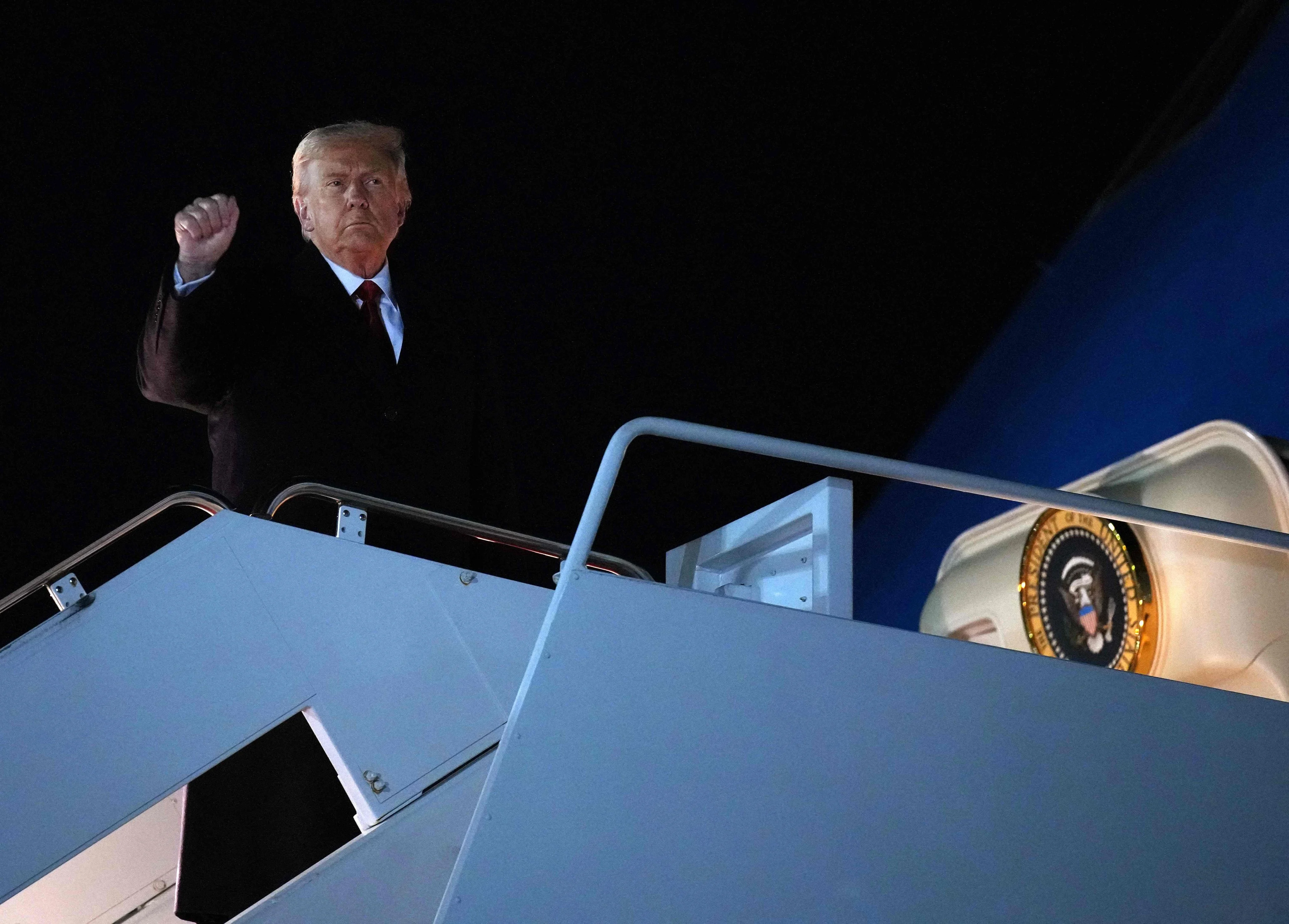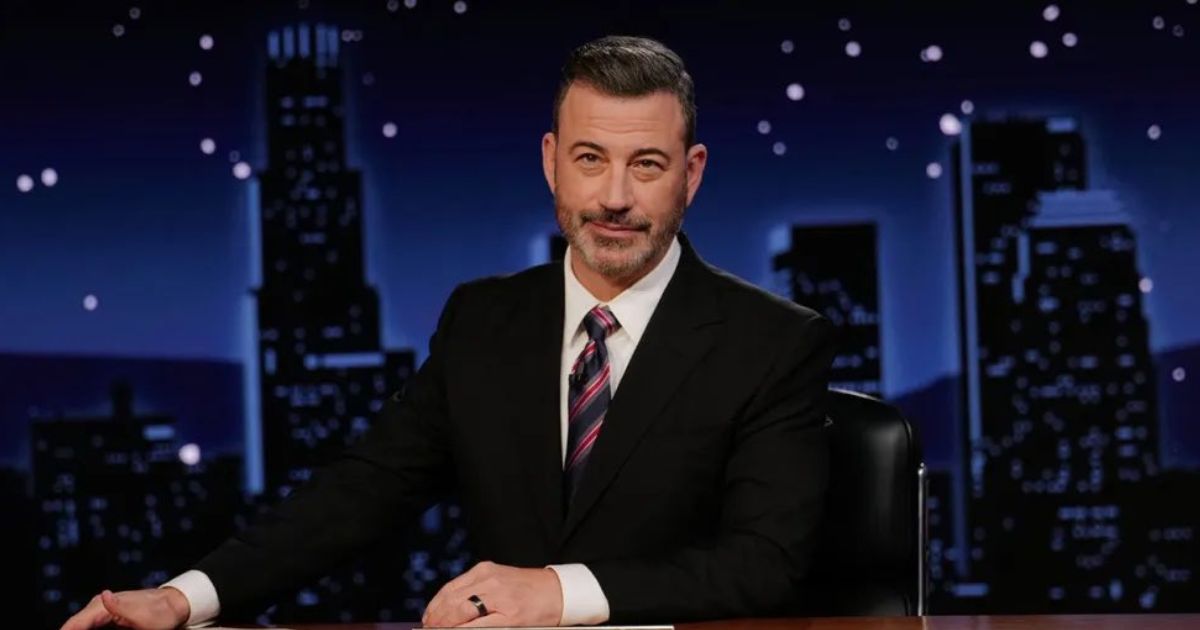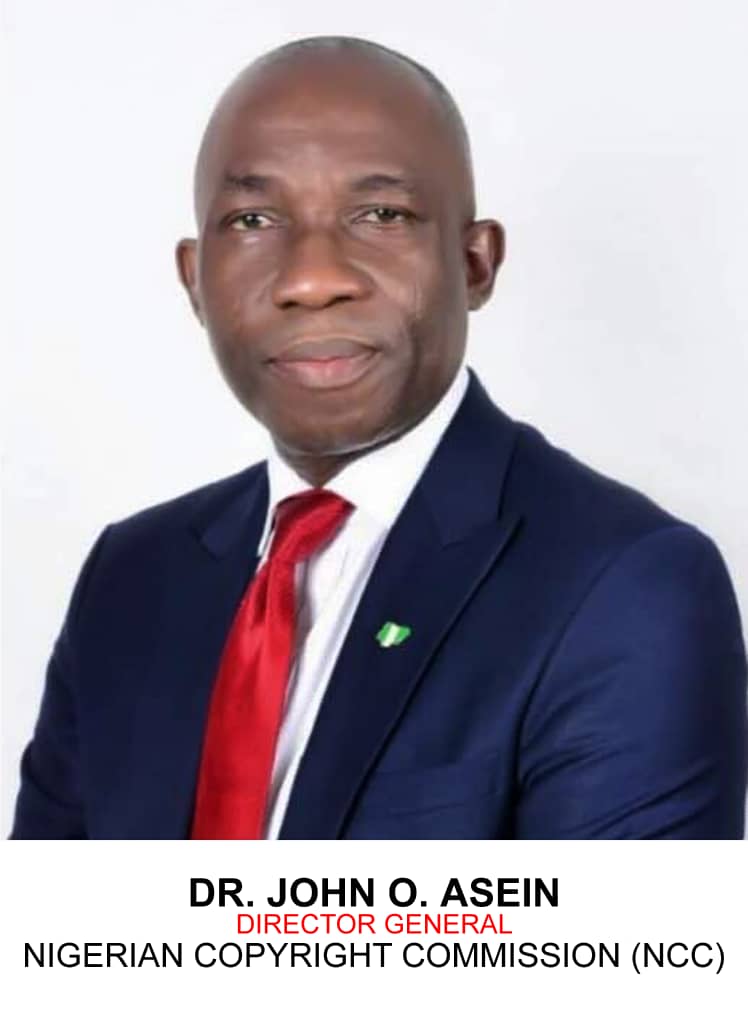Copyright scmp

Thailand’s Prime Minister Anutin Charnvirakul will sign a peace accord over a border dispute with Cambodia during the Asean summit in Kuala Lumpur on Sunday, in a ceremony to be presided over by US President Donald Trump. US officials have been pressing both members of the Association of Southeast Asian Nations to sign the deal, officially called the Declaration on Thai-Cambodian Relations, but dubbed the ‘Kuala Lumpur Accords’ during Trump’s one-day stop in Malaysia. The American leader is seeking to emboss his credentials as a global peacemaker-in-chief, after sealing a fragile truce between Israel and Hamas and helping to soothe tensions between India and Pakistan. A brief, bloody border row between Thailand and Cambodia in July left dozens dead on both sides of their contested frontier, one that is based on disputed French colonial-era maps. Anutin will be in the Malaysian capital to sign the agreement, according to Thai Defence Minister General Nattaphon Narkpanit. Nattaphon’s comment to reporters on Saturday ended days of uncertainty over whether Bangkok and Phnom Penh could put the deadly squabble behind them in time for Trump’s visit. Trump has claimed full credit for driving the peace deal through, using trade deals and high tariffs as a threat to get the two countries to the negotiating table in August. For silencing their guns, Thailand and Cambodia were rewarded with 19 per cent tariffs on their exports to the US, which are lower than the levies imposed on some of Washington’s other trade partners. Yet border tensions remain high, according to analysts, with both nations blaming the other for skirmishes and allegations of near-daily truce violations. Matthew Wheeler, a senior analyst for Southeast Asia at International Crisis Group, said Trump’s presence “may be useful in prodding the parties to move quickly”, but cautioned that “prioritising the spectacle of formalities over the substance of compromise could impede implementation of any agreement”. Trump’s attendance at the Asean summit marks a rare visit to a strategically pivotal region by a president who showed little interest in the bloc during his first term and has imposed tariffs on its trade-dependent economies, ranging from 10 to 40 per cent. Strong Asean brand Global leaders began to converge on Malaysia on Saturday as Malaysian Prime Minister Anwar Ibrahim and Asean, whose summit he will chair from Sunday to Monday, seek to regain their footing after several bruising months of tariffs and other trade uncertainties. Asean is targeting a raft of trade deals and new alliances to offset the losses incurred due to the tariffs, as well as new defence and security deals to shore up the region as America goes into retreat. The mood among diplomats in Kuala Lumpur is bullish as they seek to cement Asean as an economic force in its own right, rather than a region hemmed in by the intense trade rivalry between the US and China. “Brand Asean is still strong,” said Adib Zalkapli, managing director of geopolitical and public affairs firm Viewfinder Global Affairs. “It’s for the member states to determine how they want to use this powerful platform for their benefits.” For Malaysia, the summit is an opportunity it does not want to waste. Anwar had scheduled meetings on Saturday with leaders of Brazil and South Africa – two founding members of the Brics bloc of emerging economies that Trump has marked as a threat to US economic dominance. Malaysia agreed on Saturday morning to help Brazil build its chipmaking capabilities and buy more Brazilian chickens in a bid to boost its food security. “Our discussions have covered issues of trade and investments, of energy,” Anwar told reporters after a meeting with Brazil’s President Luiz Inacio Lula da Silva. Anwar will host South Africa’s President Cyril Ramaphosa later on Saturday, with a focus on gaining access to the vast markets on the African continent. Kuala Lumpur will also be the first overseas stop for Japan’s new Prime Minister Sanae Takaichi, who was elected by parliament on Tuesday. The Chinese delegation at the Asean summit will be led by Premier Li Qiang. This year’s event appears set to shed Asean’s reputation for low-key diplomacy, with Trump given a platform to grandstand in the region ahead of crucial trade talks with his Chinese counterpart President Xi Jinping. The two leaders are scheduled to meet on Thursday in South Korea on the sidelines of the Apec summit. “President Trump’s attendance lends weight to the summit, but it also adds complexity,” said Asrul Hadi Abdullah Sani, partner, strategic advisory firm ADA Southeast Asia. “His presence signals Washington’s renewed push to reassert its influence as China deepens its economic footprint across the region. Together with the expanded participation of partners from the EU to emerging powers like Brazil, Canada and South Africa, this makes the summit arguably the most consequential yet.” At the summit on Sunday, East Timor will officially join Asean as its 11th member after years of lobbying. Leaders of the 15-member Regional Comprehensive Economic Partnership – the world’s largest trade bloc by gross domestic product – will meet on the sidelines of the Asean summit on Monday and Tuesday. The bloc comprises 10 Asean members, China, Japan, South Korea, Australia and New Zealand.



